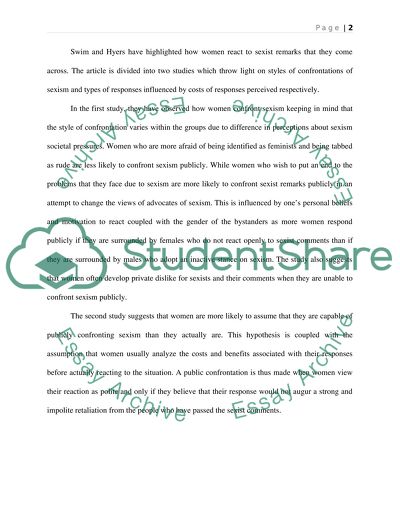Cite this document
(“Social Psychology 4423 Essay Example | Topics and Well Written Essays - 2000 words”, n.d.)
Retrieved from https://studentshare.org/environmental-studies/1408563-social-psychology
Retrieved from https://studentshare.org/environmental-studies/1408563-social-psychology
(Social Psychology 4423 Essay Example | Topics and Well Written Essays - 2000 Words)
https://studentshare.org/environmental-studies/1408563-social-psychology.
https://studentshare.org/environmental-studies/1408563-social-psychology.
“Social Psychology 4423 Essay Example | Topics and Well Written Essays - 2000 Words”, n.d. https://studentshare.org/environmental-studies/1408563-social-psychology.


